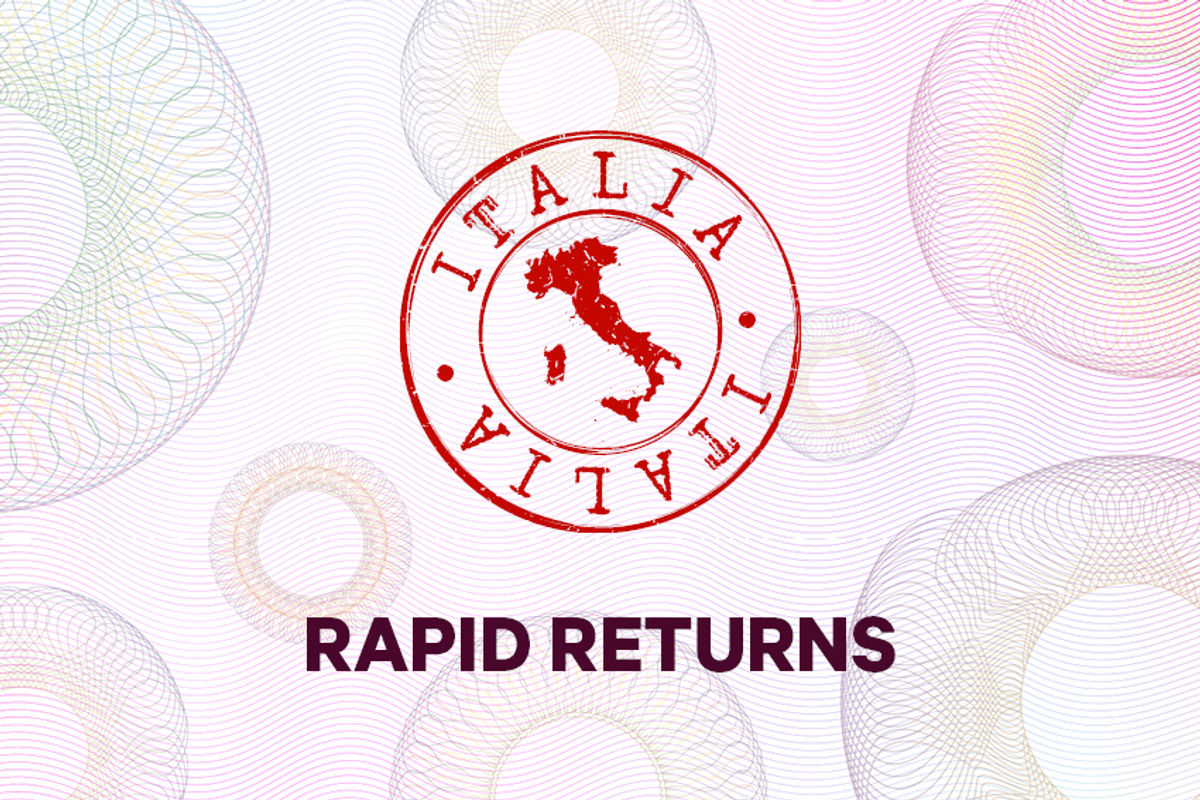In 2023, spending on business travel in Italy was greater than €21 billion, up 23 per cent on the previous year, according to Professor Andrea Guizzardi , director of the Business Travel Observatory, a collaboration between the Travel Innovation Observatory of the Polytechnic of Milan and the University of Bologna.
This is above pre-pandemic levels and comes two years earlier than travel managers predicted in 2020. At the Polytechnic of Milan’s Travel Innovation Observatory in January, Guizzardi said, “We are recovering 2019 levels even though the number of trips is growing less and is still far from the pre-pandemic year: a gap that highlights the crucial role of the inflationary dynamics of recent years.”
Rosemarie Caglia, CEO of the consultancy Travel for Business says that Italian travel agencies, such as Uvet Global Business Travel and Cisalpina Tours, played a crucial role in the post-pandemic recovery, adapting their offerings to the new needs of business travellers.
“Emphasis was placed on consultancy and the use of payment tools like credit cards to improve solvency and provide additional benefits to clients. Agencies also focused on dynamic tariff management and providing leisure services for business travellers, reflecting the growing trend of bleisure travel,” said Caglia.
Drilling down to specific sectors, a detailed analysis for Uvet’s Business Travel Trends report noted that the flight sector recorded an increase of 14.3 per cent, hotels +12.3 per cent, rail transport +23.1 per cent, and car rental +12.5 per cent during the year.
The Business Travel Observatory noted in its 2023 report that medium to large Italian companies are increasingly looking at sustainability. It says that 80 per cent of medium to large companies are “selecting suppliers based on sustainability, participating in compensation programmes or encouraging travellers to choose greener solutions”.
“Companies’ strategies are increasingly focusing on sustainability and the adoption of innovative technologies to improve efficiency and the user experience of business travellers,” said Caglia.
Italy has also been climbing the rankings as one of the leading destinations for conferences and meetings. The hospitality sector publication Italia a Tavola reported that research by tourism organisation Enit had found the country was second in European and third globally for the number of meetings hosted after the United States and Spain. This growth has been supported by a 15.9 per cent increase in inbound business travel, it said.
Looking ahead, Italy’s GDP is forecast by statistics body Istat to grow by 1 per cent in 2024 and by 1.1 per cent in 2025, a moderate improvement on 2023, supported by both domestic and foreign demand. Inflationary pressures are also expected to ease with rates falling back towards European Central Bank targets.
“Employment in the business travel sector showed positive signs, with increased consumer and business confidence. This was accompanied by slight GDP growth and a slowdown in inflation, creating a favorable economic environment for the sector’s recovery,” said Caglia.
In 2024, consolidation will play an important role in the Italian business travel sector. “In 2023, American Express Global Business Travel made a strategic move by announcing its plans to acquire CWT. In Italy, Amex GBT’s activities are managed by Uvet, creating a unique dynamic in the business travel market. This acquisition could lead to several potential scenarios, especially if the international joint venture between Amex GBT and Uvet is not renewed,” said Caglia,
“Egencia has been moving independently, focusing on strengthening its operations and market presence. The potential changes in partnerships and management strategies will influence the business travel market in Italy, impacting service offerings, pricing and customer choices.”

